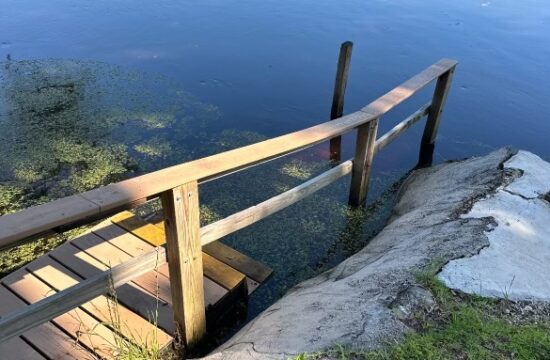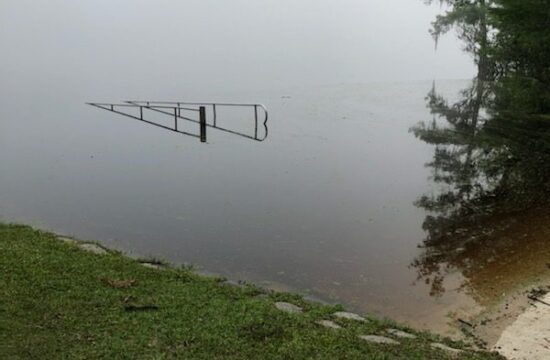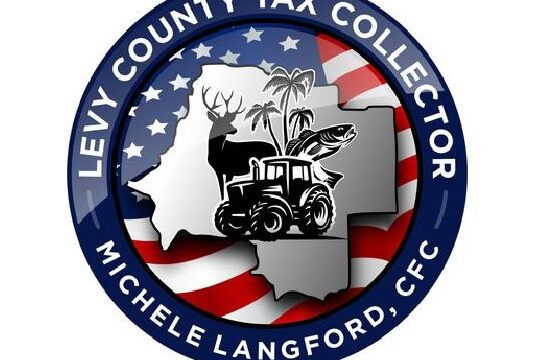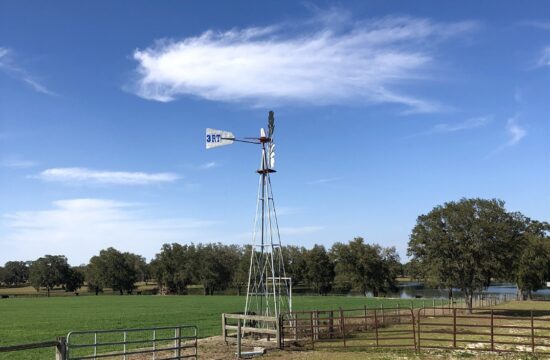By Terry Witt – Spotlight Senior Reporter
The Levy County Value Adjustment Board wrestled with a decision Wednesday on whether to classify the entire 90 acres of Black Prong Equestrian Village as agriculture or to side with the Property Appraiser in declaring 15 acres of the horse resort to be non-agriculture.
Board members will gather Thursday at the Levy County Government Center at 8:30 a.m. for a final vote on whether to grant Black Prong’s request to classify the entire resort as an agritourism business that can be defined as bona fide agriculture under a new state statute.
VAB is a board that decides whether the property appraiser’s office is correct in its appraisal of property. It handles taxpayer appeals.
The 15 acres of the resort that the appraiser says isn’t agriculture includes a pavilion, swimming pool, gym, customer parking, food truck parking, and RV parking spaces scattered around the resort. The resort is located about 9 miles south of Bronson off County Road 337.
Randy Rutter, who was the interim property appraiser until Property Appraiser Jason Whistler took office a few days ago, said his office questioned whether a pavilion with a nice restaurant, a pool, or a bathhouse and RV parking constitutes bona fide agriculture under state law.
“We don’t have horses boarding in the pavilion or training in the swimming pool,” Rutter said. “This is where we’re not seeing this as agriculture and not as an integral part of the operation.”
Rutter said Black Prong, which is a beautiful facility, shouldn’t be given the agricultural designation for land that doesn’t qualify. He said the county still assesses all the buildings on the property for taxation purposes, but he said the land under the pavilion, swimming pool, gym, parking, and RV camping shouldn’t be given the agricultural designation because those facilities are not an integral part of the agricultural operation.
Board member Skipper Henderson said he thinks farmers in the modern era are looking for different ways of making money and promoting agriculture.
“We’re in a world where farmers and agricultural people are trying to find revenue where they can,” Henderson said. “The Legislature recognized that and they have allowed agricultural businesses to expand. That’s what this new law is saying, look for other revenue.”
The new agritourism law (Florida Statute 570.86) passed by the Legislature in the 2022 spring session, said it is the intent of the Legislature to promote agritourism as a way to support bona fide agricultural production by providing a stream of revenue and by educating the general public about agriculture.
“It is also the intent of the Legislature to eliminate duplication of regulatory authority over agritourism as expressed in this section. Except as otherwise provided for in this section, and not withstanding any other law, a local government may not adopt or enforce a local ordinance, regulation, rule, or policy that prohibits, restricts, regulates, or otherwise limits agritourism activity classified as agricultural land,” the statute says.
But the interpretation of the statute is what the debate centered on at the VAB meeting.
Clayton Bratcher, mayor of Black Prong, said the agricultural activity at the resort consists of boarding and training horses.
County Commission Chairman Rock Meeks questioned what Bratcher meant by training horses. Black Prong borders Goethe State Forest and visitors to Black Prong often ride horses from the resort into the state forest on established trails.
“To ride a horse into Goethe Forest, that’s not working cows,” Meeks said. “What is the training part of riding a horse in Goethe Forest? Explain where the agriculture is in that.”
Bratcher said boarding and training horses has been established as a form of agriculture for many years in Florida. He said Black Prong considers facilities like the pavilion, pool, and gym to be the type of amenities that attract equestrian tourists to the resort. Without those amenities, he said the resort couldn’t succeed financially. He said the land under those facilities, and the facilities themselves should be classified as an integral part of Black Prong’s agricultural operation.
Dr. Hank Fishkind, an expert witness for Black Prong who has been involved in developing other equestrian resort destinations around the state, said the amenities the county wants to declare as being non-agricultural are indeed an integral part of Black Prong’s agricultural operation.
“I think these 15 acres are really an integral part of the operation because they support the agritourism on the property. They provide an additional source of income,” he said. “The patrons of this resort expect to have amenities just like other destination resorts.”
He said the horse resort can’t survive financially or economically without those amenities.
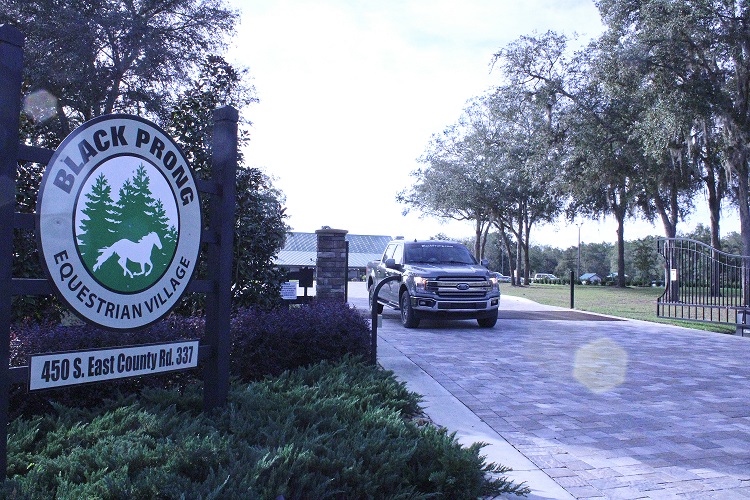
————-
Enterprise Reporting by Terry Witt October 19, 2022; Posted October 19, 2022








